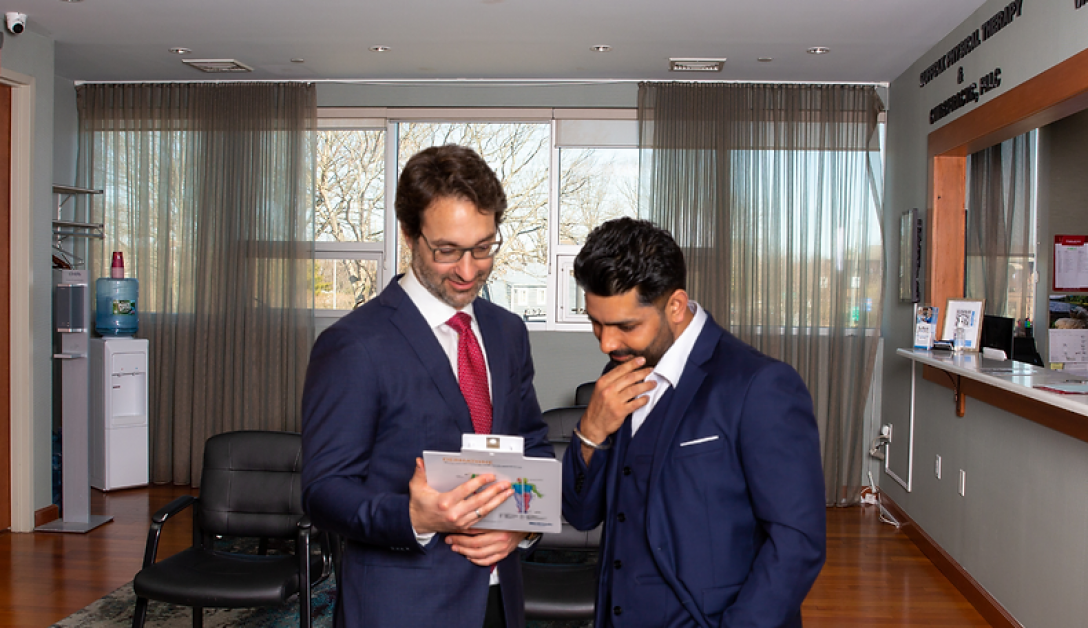Auto Accident Bankruptcy Law Business Law
Home Schooling Educational Neglect
Child neglect can take many forms. The failure to provide for a child’s basic survival needs, such as food, shelter, clothing, medical care, and hygiene, constitutes physical neglect. This type of neglect may also involve a disregard for a child’s safety, such as not providing adequate supervision.
Educational neglect involves a parent’s failure to enroll a school-age child in appropriate classes or provide them with appropriate homeschooling. In many states, like Connecticut, educational neglect can be a vague concept that can bring the Department of Children and Families (DCF) knocking on your door to investigate.
What is Educational Neglect in Connecticut?
The Department of Children and Families in Connecticut broadly defines educational neglect as excessive absences from school. If the DCF discovers that you caused your child to miss too much time from school, they may be able to substantiate a finding of Educational Neglect against you.
But Connecticut’s compulsory education statute doesn’t require that you send your child to a specific public or private school. You can be exempt from this law as long as you can show that the child is receiving instruction equivalent to what is taught in public schools.
Some states require that homeschooling parents notify a particular state agency of their intentions to homeschool their children. Connecticut doesn’t have this requirement, but the Department of Education does “suggest” parents fill out an Intent to Homeschool form annually. Any rules for reporting are implemented at the school district level, not the state level.
Reporting Educational Neglect in Connecticut
When there is suspicion that a child is being denied proper care and attention educationally, a concerned individual can report the failure to educate in a homeschool setting to the Connecticut DCF.
Once the DCF receives one of these reports, it will initiate an investigation. As a parent, you probably won’t know that anyone has questions about your homeschooling activities until you get a knock on your door from a DCF investigator. This can be a frightening prospect.
The DCF has a lot of power, so it’s important to remain calm and use caution if you are contacted. While you don’t want to appear uncooperative, you are also not required to let a DCF investigator into your home or answer questions without first consulting with an attorney. You can politely tell the investigator that you wish to protect your rights and will have your attorney get in touch immediately.
Why Homeschooling Educational Neglect Cases Can Be a Problem
According to a recent report in the CT Mirror, more than 17,800 fewer students showed up for school in 2021 than the prior year. When the pandemic shut down in-person learning in 2020, many families opted not to have students return to the classroom when given the option. But a lot of those students also weren’t logging on from home for virtual learning sessions, either.
The drop in school attendance was found to be disproportionately high in some of the state’s lowest-income districts. At the same time, the number of families reported to the DCF for educational neglect last year doubled compared to previous years. A combination of economic and healthcare crises has led many families throughout the state to become displaced. And the last thing parents and their minor children need is to find out they’re under investigation by DCF.
According to the same report, when DCF staff and social workers investigated this massive number of new reports, it turned out that the actual cases of educational neglect were somewhat small.
Housing insecurity and instability are major factors that contribute to school absenteeism and the need for homeschooling. According to state data, homeless children had the highest rates of absenteeism last year, with most of the students located in underserved districts. But that doesn’t necessarily mean DCF needs to be involved.
Education professionals, medical staff, and neighbors might contact the DCF to report educational neglect when parents are simply trying to provide for their child’s basic needs or dealing with other serious issues.






